Covid-19 has struck people from every walk of life. It has shaken India’s vast population and affected the economy, education, health care systems and also day-to-day normal life for the last year. Similar to many countries, India too undertook various strategic steps to control Covid-19 and implemented many national and state-level Covid-19 control measures. India has efficiently and effectively managed the emergence of the first Covid-19 wave. Although many epidemiologists and mathematical model experts predicted there could be a second or third wave of Covid-19 in 202 in India, political leaders and policymakers took such information very leniently and casually. The laxity to adhere to covid-19 protocols deviated in many situations across the country from the beginning of 2021. Critical analysis indicates that political and administrative machinery went into a certain type of overconfidence that India has achieved measures to control Covid-19. Such indications from political leaders have profoundly impacted the public and thus public diverged from adhering to covid-19 protocols. Recently, the top medical journal the Lancet wrote that Indian policymakers might have accepted the pandemic as an “endgame” in India once the first Covid-19 wave subsided.
Government machinery shall look beyond the political framework and political ideologies to face and manage national calamities and such pandemics. Political governments shall bring technocrats, political party leaders, businessmen, scientists, medical fraternity, bureaucrats, policymakers and public health experts together under one umbrella during this pandemic. Such efforts are foremost important to tackle the pandemic. It is worth mentioning how global partnership and amalgamation brought countries and organizations together beyond boundaries and borders to develop vaccines on the fast track. Collaboration between Oxford-AstraZeneca- Serum Institute of India, Pfizer-BioNTech and many others are some examples to mention about fruitful global collaborations. Although India has successfully made a couple of Covid-19 vaccines Covishield and Covaxin, logistic and vaccine drive did not catch the speed. There has been a slow process in the vaccine drive in India. Although India got world appreciation for supplying vaccines to more than seventy countries, India’s mass vaccination effort didn’t meet the expectation.
Declining of Covid-19 surge and the initiation of vaccination at the beginning of 2020 might have pushed the political administration to take things unconcernedly. Even top scientific journals like Nature viewed that Indian political governance shall listen to the scientists, medical professionals and public health experts when such a pandemic afflicts the country. Strong political will and political wisdom shall emerge to take up such vaccine drive as the top national priority. All political parties should accept the certain common mandate that political processions, festivals and public gathering functions should not be held. They should collectively accept the vaccination process for the public as the country’s urgency and priority. If political party leaders raise concerns and differences of opinion on India’s vaccine drive and on vaccines, the public may get into confusion. WHO scientists recently pointed out that mass gatherings and social activities might have contributed to a such sudden surge of Covid-19 in India. India began a vaccine drive on 16, Jan 2021 and countries might have initiated some weeks before that. After the vaccination drive began many political parties at centre and states started celebrating as India controlled the pandemic. After the onset of the vaccine drive, the drive began without acceleration. Emergency use of vaccines became non-emergency. Many other national and political issues became a priority over the vaccine drive. Notably, the Hon. High courts made a serious observation on election procedures in many states on violating covid-19 protocols. Although such events may be unavoidable, political parties shall understand that vaccine drive for the public is the need of the hour and important for managing and controlling Covid-19. Each state has been playing a different modus operandi in attacking the centre due to political differences and managing vaccination processes.
Political party members should fully adhere to the Covid-19 protocol and should exhibit exemplary gestures to the public. When politicians speak, support and propagate political rallies and mass gatherings, how public could follow the rules and guidelines? Political machinery across the nation shall come together and merge to work in totality against the national pandemic. Politicians and policymakers are good at comparing and boosting small achievements of Indian initiatives on national and global platforms. This type of comparison may not pay any benefit during a pandemic. Similarly, they may also analyse how other countries speeded up their vaccine drive for the public by procuring vaccines from other countries. India is the capital of vaccine suppliers in the world. Surprisingly, Statista reports as on May 20 in India only 3% of people got the second dose of vaccine and 10.9 % of people received the first dose whereas these figures may be ten times more in many other countries.
India could have vaccinated more people above 18 years of age, which may be better than many other countries if the vaccine drive could have initiated more aggressively in February. Now CoWin app is like Tatkal and is available for just 1-2 hours per day for vaccine booking. The public is almost in a frustrating situation to get vaccine slots even after trying for weeks through CoWin. This won’t serve the purpose of mass vaccination in India for control of the pandemic. In many rural areas, a digital divide exists with poor digital literacy and internet connectivity. We have the best IT technology service providers in the world and the government shall take the help of IT sectors to develop alternative apps or measures to speed up the registration process to cover mass vaccination in a short period of time. The establishment of “walk-in vaccine centres “across India could be an option.
Management of the vaccine drive by the government for such a vast Indian population could be discussed with all political party levels, management experts and other technocrats with help of well-established defence organizations and the medical fraternity without political differences. The time has come for all political parties to join hands to face a such pandemic. Covid-19 may be a wake-up call for all political parties to remove their political barricades and work together to curtail Covid-19 pandemic.
(The writer is Practicing Medical Scientist at the Indian Institute of Science, Bangalore, India. The views expressed are personal.)







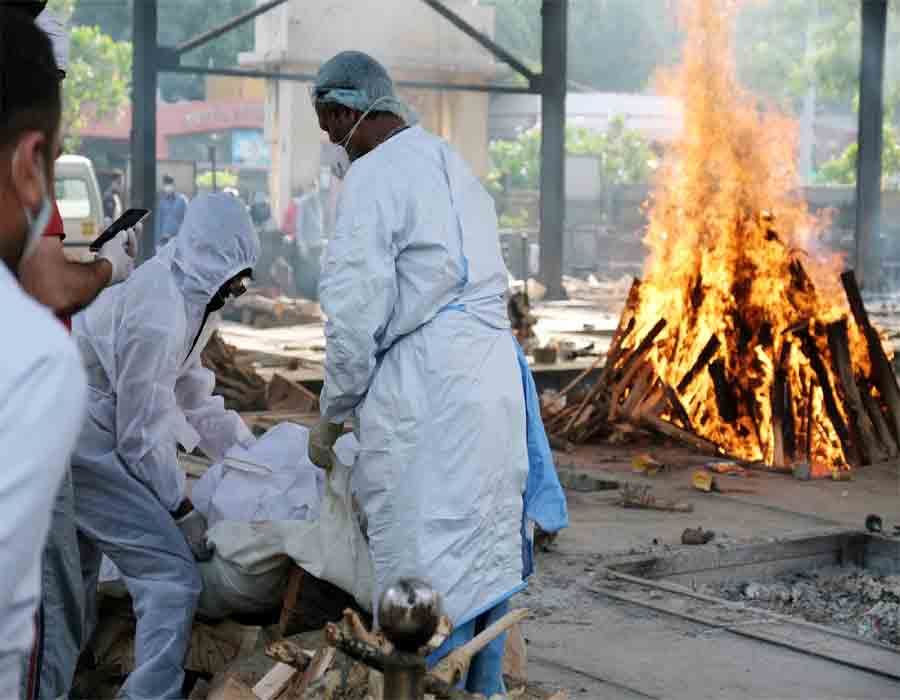
 OpinionExpress.In
OpinionExpress.In




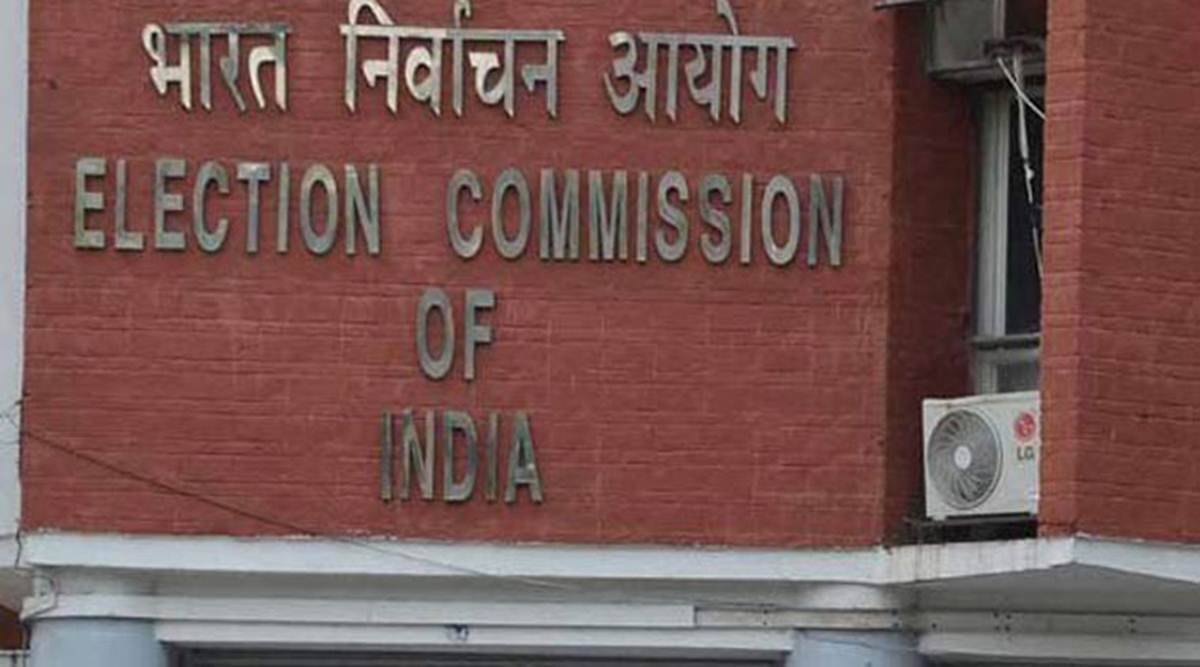
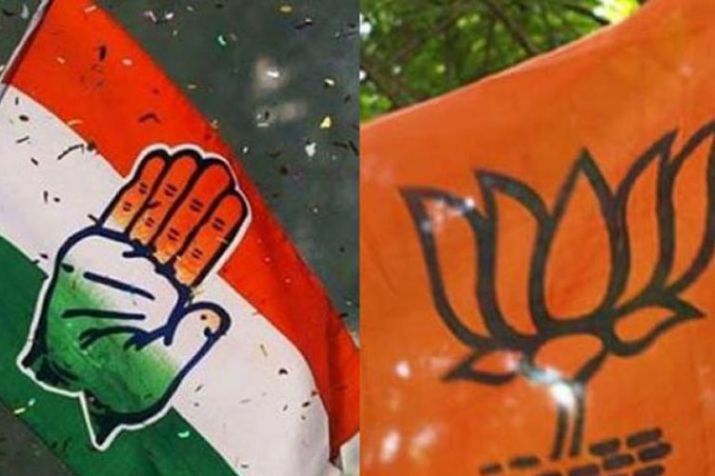
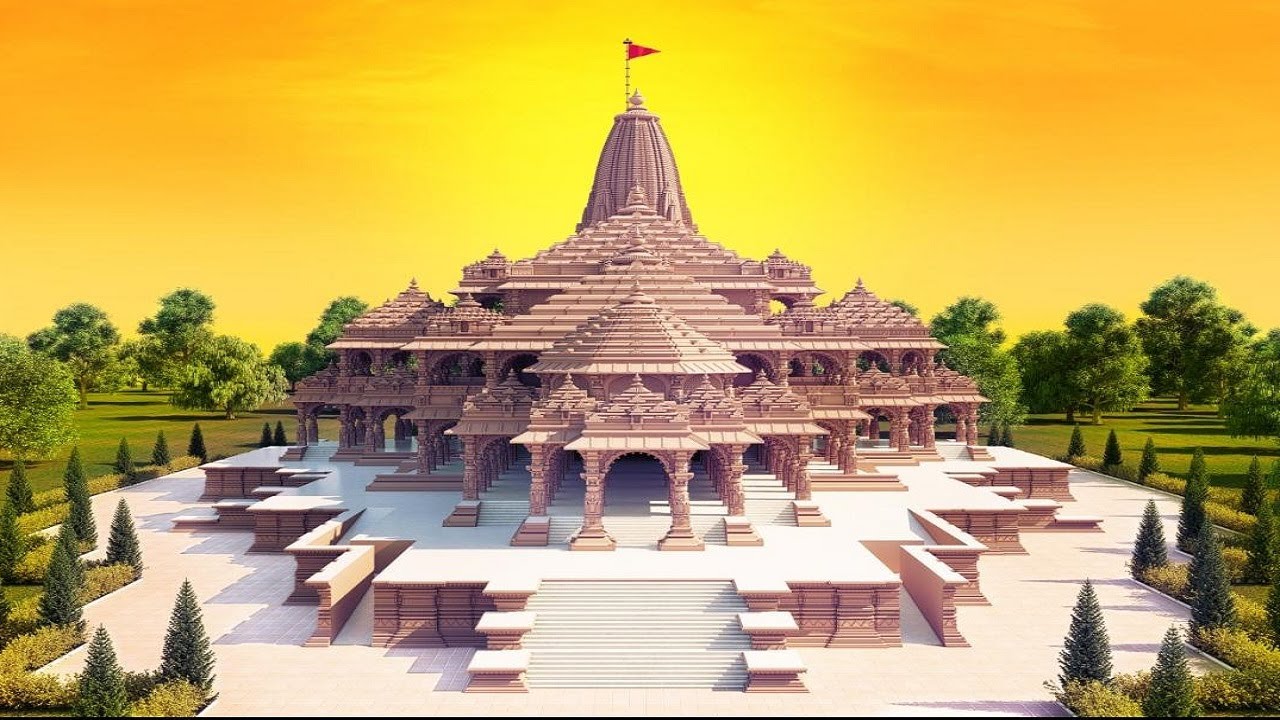
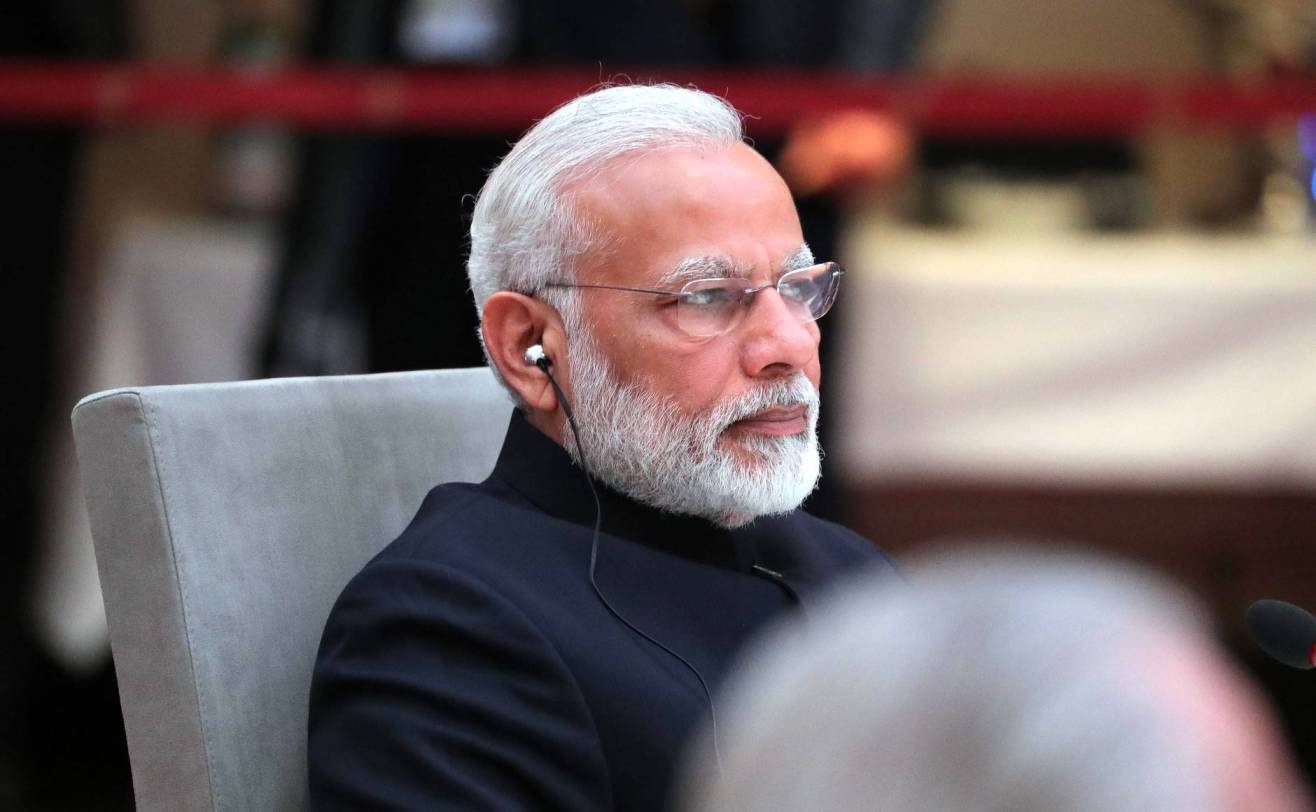
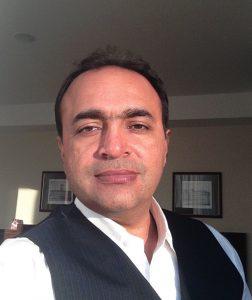






Comments (0)